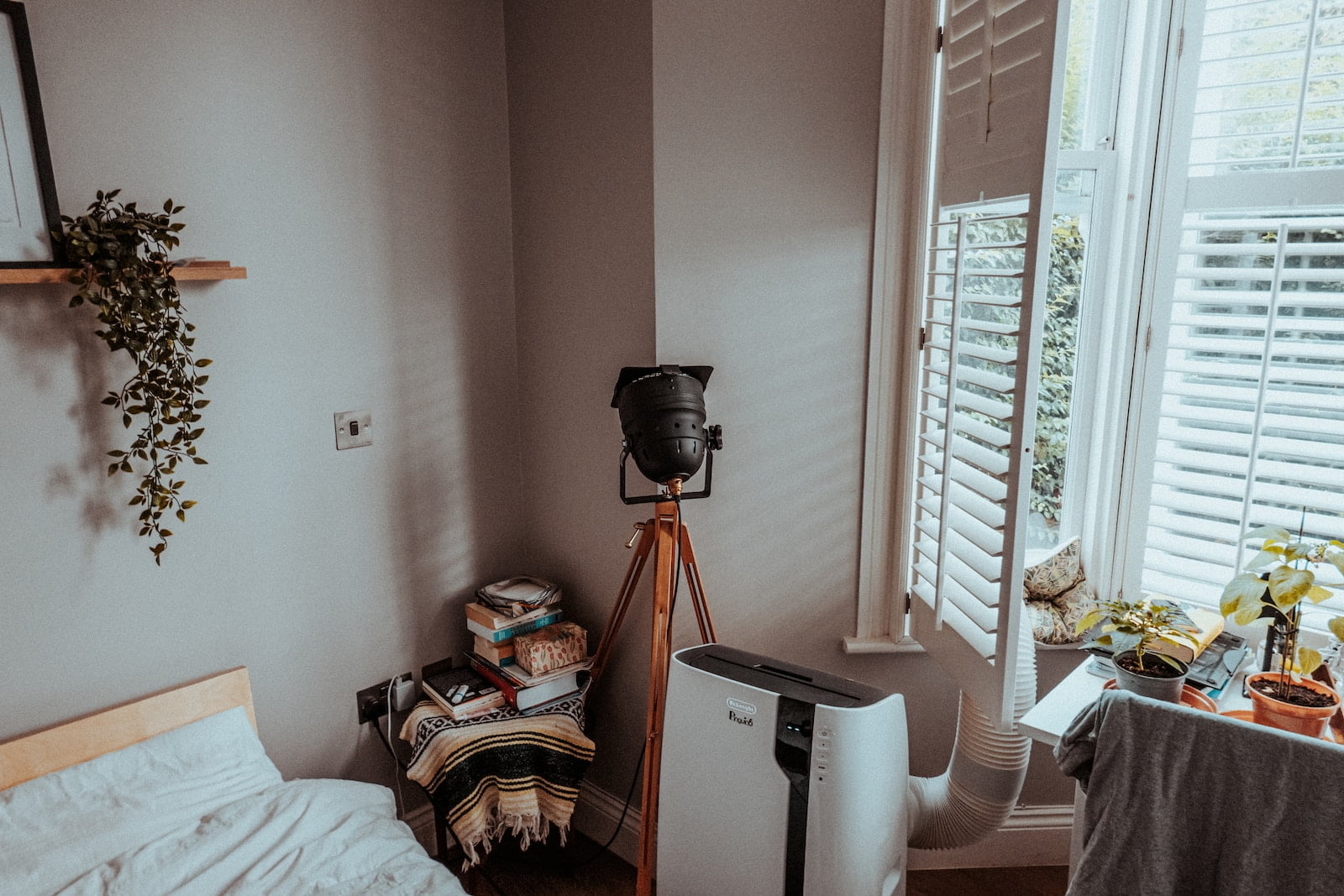Saving Money on Heating and Cooling Bills for Businesses
As a business owner, one of the biggest expenses you have to deal with is heating and cooling costs. It can be a significant drain on your budget, especially during extreme weather conditions. However, there are many ways to save money on your heating and cooling bills without sacrificing comfort or productivity. By implementing energy-efficient practices and making simple changes to your building’s infrastructure, you can significantly reduce your energy consumption and save money in the long run.
In this article, we will provide you with useful tips and strategies for saving money on heating and cooling bills for businesses. We will discuss the importance of energy efficiency, the benefits of making changes to your building’s infrastructure, and the cost-saving potential of implementing energy-efficient practices. You will learn how to identify areas where you can make changes to reduce energy consumption, as well as the various options available to you for implementing energy-efficient solutions. By the end of this article, you will have a better understanding of how to save money on your heating and cooling bills while maintaining a comfortable and productive work environment.
Reduced Energy Costs
One of the most significant benefits of energy efficiency for businesses is the reduced energy costs. By implementing energy-efficient practices, businesses can significantly reduce their energy consumption, which translates to lower energy bills. For instance, replacing traditional light bulbs with LED bulbs can reduce energy consumption by up to 80%. Similarly, upgrading to energy-efficient HVAC systems can lead to energy savings of up to 30%. These savings can add up over time, resulting in significant cost savings for businesses.
Furthermore, energy-efficient practices can also help businesses avoid costly penalties and fees. Many states and local governments have implemented energy efficiency mandates that require businesses to meet certain energy efficiency standards. Failure to comply with these standards can result in hefty fines and penalties. By implementing energy-efficient practices, businesses can ensure that they meet these standards and avoid costly penalties.
Enhanced Brand Reputation
Another benefit of energy efficiency for businesses is an enhanced brand reputation. Today, consumers are increasingly conscious of the environmental impact of businesses. By implementing energy-efficient practices, businesses can demonstrate their commitment to sustainability and environmental responsibility. This can help businesses attract environmentally conscious consumers, who are willing to pay a premium for eco-friendly products and services.
Moreover, energy efficiency can also help businesses attract and retain top talent. Today, many employees are looking for employers who are committed to sustainability and environmental responsibility. By implementing energy-efficient practices, businesses can demonstrate their commitment to these values, which can make them more attractive to potential employees. Additionally, employees who work in energy-efficient buildings are more productive and experience fewer health problems, which can lead to reduced absenteeism and increased productivity.
Tips for Reducing Heating Costs in Businesses
Another way to reduce heating costs in businesses is to invest in energy-efficient heating systems. While this may require an upfront investment, it can lead to long-term savings on energy bills. Look for heating systems that are ENERGY STAR certified, as they are designed to use less energy while still providing the same level of warmth. Additionally, consider installing programmable thermostats that can automatically adjust the temperature based on the time of day and occupancy. This can prevent unnecessary heating during off-hours or when the building is unoccupied. Finally, make sure to properly maintain and service heating systems to ensure they are running efficiently and not wasting energy.
Tips for Reducing Cooling Costs in Businesses
Another tip for reducing cooling costs in businesses is to use programmable thermostats. With a programmable thermostat, you can set the temperature to automatically adjust during non-business hours. This means that when your employees leave for the day, the temperature can be set to a higher temperature to save on cooling costs. Additionally, you can program the thermostat to lower the temperature shortly before employees arrive in the morning, ensuring that the building is cool and comfortable for their arrival. This can help reduce energy consumption and save money on cooling costs.
Another way to reduce cooling costs is to ensure that your building is properly insulated. Proper insulation can help keep cool air inside during the summer months, reducing the need for your air conditioning system to work harder to maintain a cool temperature. Additionally, it is important to regularly maintain your air conditioning system to ensure that it is working efficiently. This includes changing air filters regularly, cleaning the coils, and ensuring that the system is properly charged with refrigerant. By taking these steps, you can help reduce cooling costs and save money for your business.
Conclusion and Final Thoughts on Saving Money on Heating and Cooling Bills for Businesses
In conclusion, reducing heating and cooling costs for businesses is a crucial aspect of cost-cutting measures. By implementing the strategies outlined in this article, businesses can save significant amounts of money on energy bills. It is important to note that the methods employed will vary depending on the type of business, building design, and location. A thorough energy audit can help identify the most effective ways to reduce costs. Additionally, regular maintenance of HVAC systems can help ensure optimal performance and longevity.
Finally, it is worth considering the long-term benefits of energy-efficient practices. By reducing energy consumption, businesses can not only save money on bills but also reduce their carbon footprint and contribute to a more sustainable future. As energy costs continue to rise, implementing energy-efficient practices will become increasingly important for businesses to remain competitive. By taking action now, businesses can stay ahead of the curve and reap the benefits of reduced costs and a more sustainable future.






